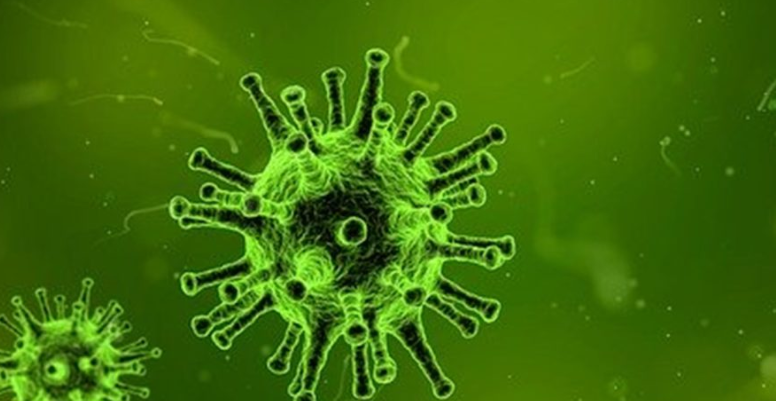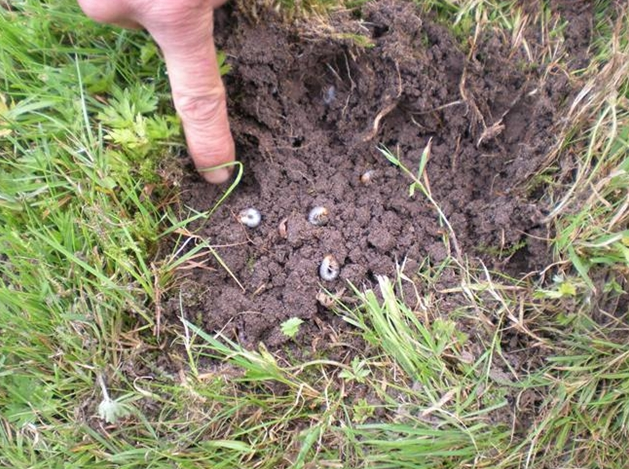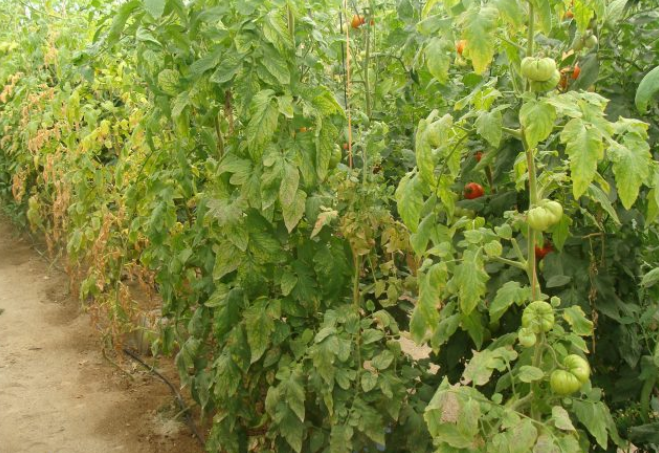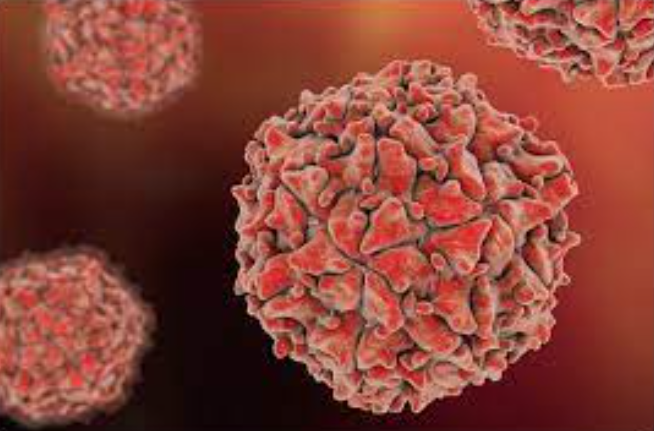Plant viruses against pests? The revolution in agriculture

Have you heard about the latest revolution in agricultural pest control? Get ready for a story that sounds like science fiction but is totally real! So, here it is: at the University of California, San Diego, a group of engineers made something that sounds like an episode from a science fiction movie. They used plant viruses to make nanoparticles to combat pests that attack crops. Yes, plant viruses, those microscopic bugs that normally wreak havoc on plants!
Imagine this: farmers have a gigantic problem with nematodes, which are like the number one enemy of crop roots. These nematodes ruin the entire crop and have been a nightmare for years; the pesticides they normally use can’t get to where these little buggers are hiding, so farmers end up using tons of pesticides and water to try to fix it. The result: contaminated soils and groundwater full of chemicals – not exactly the recipe for a healthy garden, is it?


But here comes the good part. Nicole Steinmetz, an amazing scientist at UC San Diego, led a team that said “Enough is enough!” to it all. They came up with a brilliant idea: what if we use those plant viruses to deliver pesticides right where they are needed, deep in the earth? Imagine them as little cabs that transport pesticides directly to the nematode party in the roots. The amazing thing is that it worked, they modified plant viruses to make them safe for crops, pumped them full of pesticides and sent them deep into the soil. Result: the nematodes were shocked, at least half of them went elsewhere, and that’s a victory in the world of agriculture.
Best of all, this approach is sustainable and affordable – it’s as if they were using cheap cabs instead of a bunch of expensive trucks to get the pesticides where they need to go. Also, they don’t change the pesticides, they just take them to the right place, which means you don’t need crazy registrations and approvals to use them. Oh, and here’s an interesting fact: the plant virus they used is already approved by the Environmental Protection Agency (EPA) to control an invasive plant called tropical soda apple, so, they already have a head start on the road to market.

There is still more to be done, such as testing these nanoparticles in real situations with crops, but this is a big step towards a healthier future for agriculture. Scientists are excited, and we should be too. So the next time you eat your fresh vegetables, remember that plant viruses may have had something to do with keeping them healthy. Long live science!





Responses